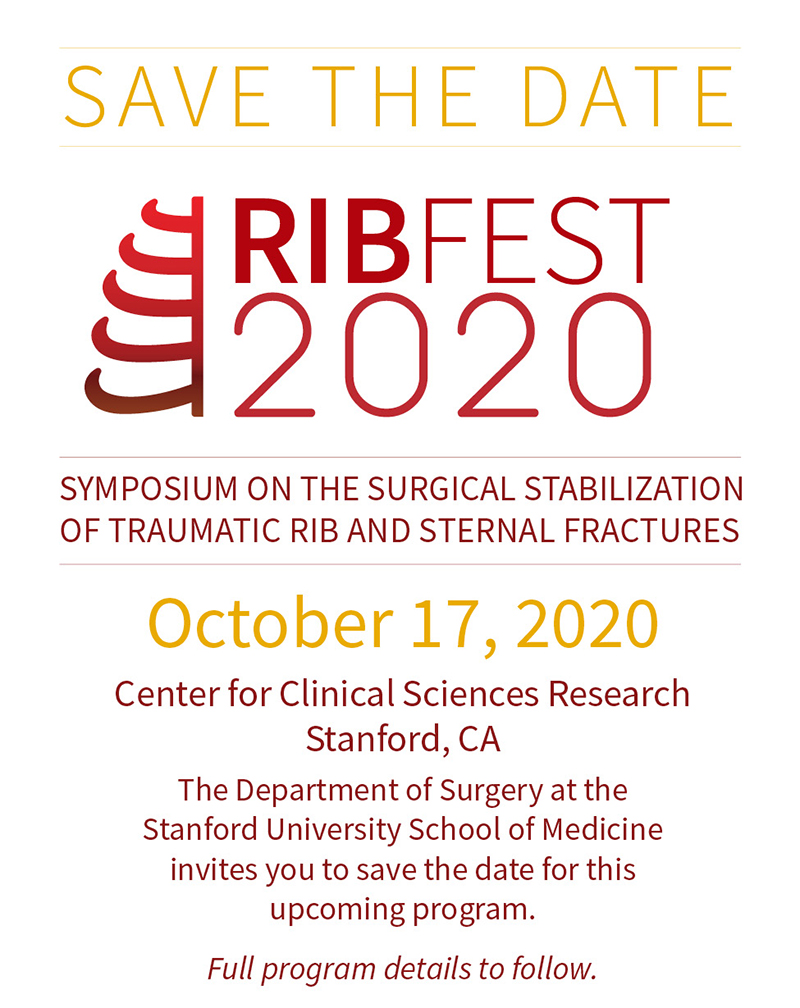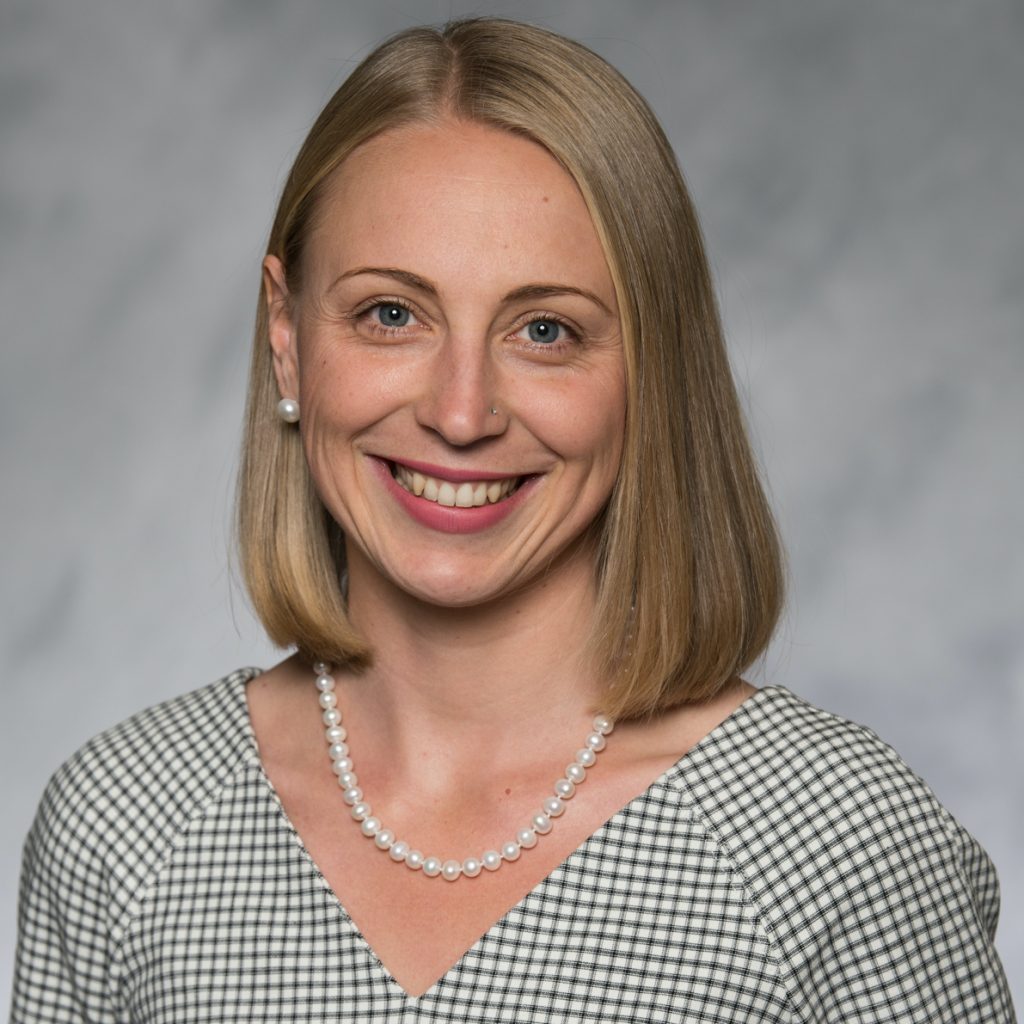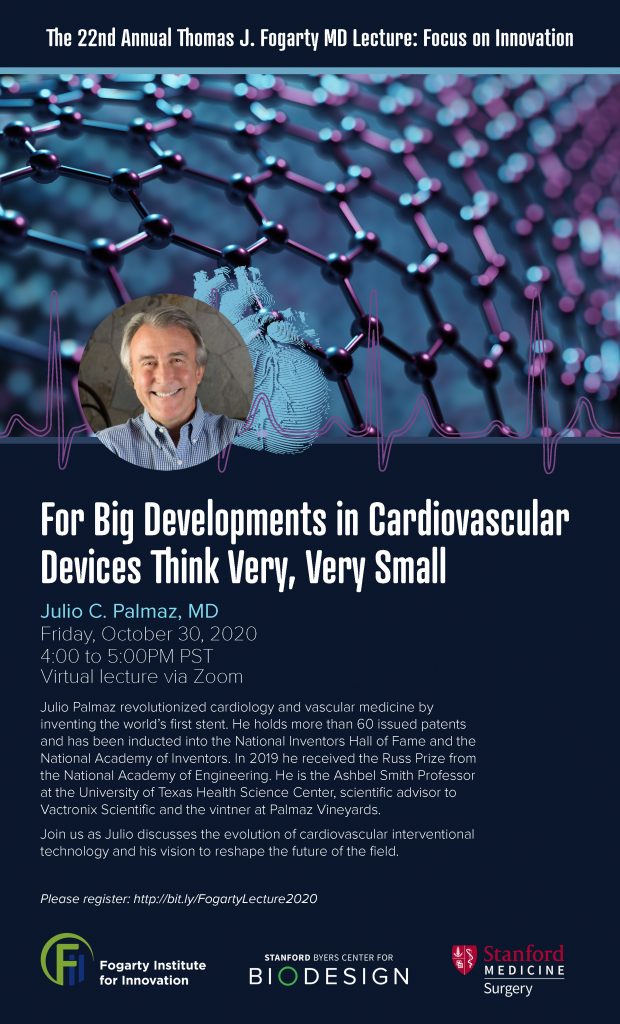Call for Abstracts
2021 Call for Abstracts is Now Open
Submission Deadline
Sunday, October 11 at 11:59 pm CST.
Abstracts submitted for the ASCRS Annual Meeting are peer-reviewed and scored on scientific merit, originality and relevance to the field of colorectal surgery.
Presentation Formats
- Oral, Quick Shot or ePoster: Abstracts submitted to this category will be competitively evaluated by the Program Committee for presentation in the oral, quick shot or ePoster format. Presentations selected will be eligible for annual awards including best overall, basic science or clinical paper presented from the podium or as an ePoster.
- Oral Only: Abstracts submitted to this category will be competitively evaluated by the Program Committee for presentation in the oral format ONLY (Podium and Quick Shot). Abstracts will NOT be considered for ePoster presentation. Presentations selected will be eligible for annual awards including best overall, basic science or clinical paper presented from the podium.
- ePoster Only: Abstracts submitted to this category will be evaluated for ePoster presentation only. Presentations selected will be eligible for best basic science or clinical e-poster.
- Video: Abstracts submitted to this category will be competitively evaluated by the Video-Based Education Committee for presentation during the video abstract symposium and the Ongoing Video Room. Videos selected will be eligible for the best video award.
- Case Study: Abstracts submitted to this category will be evaluated for ePoster presentation only.
- Research Forum: Abstracts submitted to this category will be competitively evaluated by the Young Researchers Committee for oral presentation during the Research Forum. This session highlights developing areas of research that have clinical relevance for the care of patients with colorectal diseases. Presentations selected will be eligible for the Research in Progress award. If not accepted for Oral presentation the abstract will be considered for ePoster presentation.
- New Technology: Abstracts submitted to this category will be competitively evaluated by the Program Committee in conjunction with the New Technologies Committee for oral presentation during the New Technology Symposium. This symposium highlights the development, integration, evaluation and dissemination of new technology in the practice of colon and rectal surgery. If not accepted for Oral presentation the abstract will be considered for e-poster presentation.
*** Abstracts submitted by General Surgery Residents will be considered for the General Surgery Forum and other oral abstract sessions. The General Surgery Forum highlights work completed by General Surgery residents and is aimed at increasing experience and participation at the ASCRS annual meeting.
Categories/Topics
- Benign Anorectal: Hemorrhoids, Anal fissure, Abscess, Fistula, Rectovaginal fistula, Anal Stricture, Pilonidal disease, Pruritis ani, Sexually transmitted infections (excluding HPV)
- Basic and Translational Science: Projects aimed at the fundamental understanding of Colorectal Disease development and treatment
- Benign Abdominal: Diverticular disease, Large bowel obstruction, Volvulus, Lower gastrointestinal bleeding, Endometriosis, Trauma, Intestinal stomas, Colitis (infectious, ischemic, microscopic, radiation induced and C. difficile related), Anastomotic issues
- Education, Assessment and Practice Management: Patient education, Physician education (medical student, resident, fellow, and in-practice), Technical skills assessment, and Practice management, Maintenance of certification
- Inflammatory Bowel Disease: Inflammatory bowel disease, Ulcerative colitis, Crohn’s disease, Anorectal Crohn’s disease, Ileal pouch anal anastomosis
- Colon and Rectal Cancer: Adenocarcinoma of the colon and rectum, Neoadjuvant treatment, Watch and wait, Adjuvant therapy, Functional outcomes, Low anterior resection syndrome, Local Recurrence, Transanal excision
- Other Neoplasia: Anal cancer, Anal dysplasia, Condyloma, HPV infection, Colon polyps, Colonoscopy, Advanced Polypectomy techniques, Neuroendocrine tumors, Polyposis syndromes, Presacral tumors, Appendiceal Neoplasms, Carcinoid, GIST, Lymphoma
- Pelvic Floor: Anal pain, Fecal incontinence, Constipation, Obstructed defecation, Rectal prolapse, Sacral Nerve Stimulation, Functional Bowel Disorders, Irritable Bowel Syndrome
- Quality and Cost: Enhanced recovery after surgery, Administrative databases, Clinical registries, Observational studies, Health care economics, Quality and safety issues, Ethical Considerations
Don’t miss this opportunity to be a part of the Annual Meeting, its innovative technology and the most
up-to-date research in the field. Submit your abstract today!
Submission Deadline
Sunday, October 11 at 11:59 pm CST.
If you have questions regarding abstract submissions please contact us at ascrs@fascrs.org or 847-607-6410.
 Work-In-Progress Session
Work-In-Progress Session
Presented by: Laura A. Graham, PhD
Postdoctoral Scholar
Stanford-Surgery Policy Improvement Research and Education Center
Dept. of Surgery
Stanford University, School of Medicine
Talk title: “A Primer to VA Data”
For dial-in instructions, please contact Ana Mezynski at mezynski@stanford.edu



Presented by:
Alex Sox-Harris, PhD, Associate Professor
S-SPIRE Center
And
Todd Wagner, PhD, Associate Professor
S-SPIRE Center
Talk Title: “VA’s Efforts to Purchase More Surgical Care: Effects on Costs, Quality and Access”
For dial-in instructions, please contact Ana Mezynski at mezynski@stanford.edu

Marzena Sasnal, PhD
Social Science Research Professional, S-SPIRE Center
Department of Surgery
Stanford University
Talk Title: “Feasibility and Acceptability of Coaching Residents on Teleneurology Communication Skills”
For dial-in instructions, please contact Ana Mezynski at mezynski@stanford.edu
 Dr. Arash Momeni is an Assistant Professor of Surgery in the Division of Plastic and Reconstructive Surgery. In addition to offering all reconstructive modalities following mastectomy, Dr. Momeni has developed cutting edge surgical approaches to post-mastectomy reconstruction such as hybrid breast reconstruction (i.e. the combination of free flap transfer and implant placement) and techniques of flap neurotization with the goal to improve sensory recovery to the reconstructed breast.
Dr. Arash Momeni is an Assistant Professor of Surgery in the Division of Plastic and Reconstructive Surgery. In addition to offering all reconstructive modalities following mastectomy, Dr. Momeni has developed cutting edge surgical approaches to post-mastectomy reconstruction such as hybrid breast reconstruction (i.e. the combination of free flap transfer and implant placement) and techniques of flap neurotization with the goal to improve sensory recovery to the reconstructed breast.
The 22nd Annual Thomas J. Fogarty, MD Lecture: Focus on Innovation
Friday, October 30, 2020 | 4pm
LKSC – Berg Hall | Stanford University
Featuring Julio C. Palmaz, MD, radiologist, honorary Ashbel Smith Professor at the University of Texas Health Science Center, inventor, entrepreneur, and vintner.
The Fogarty lectureship was established to bring together a diverse community in Silicon Valley focusing on leaders in discovery, invention, innovation, and entrepreneurship. This event is sponsored by Stanford Byers Center for Biodesign, Fogarty Institute for Innovation and Stanford Department of Surgery. Watch this space for more information.


